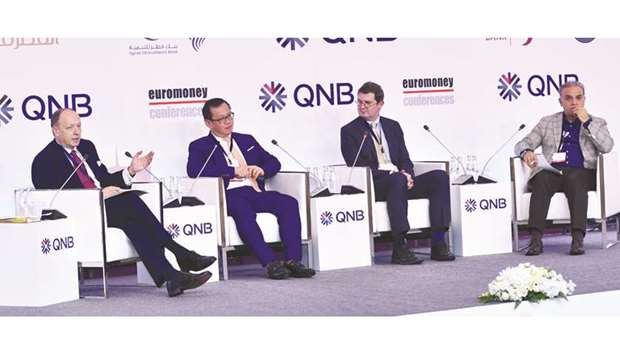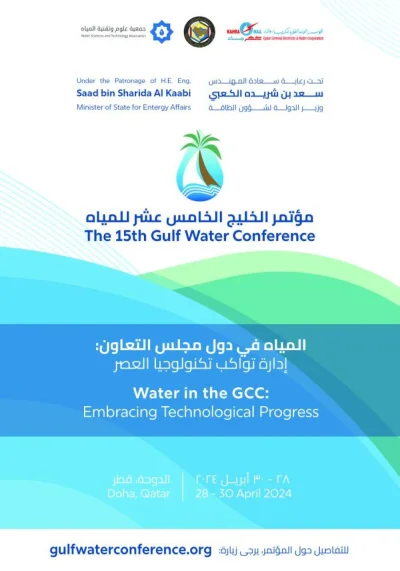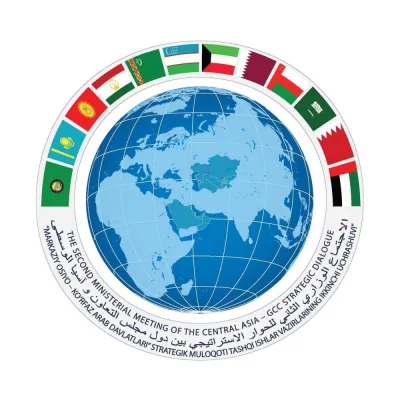Amid the seemingly thawing of tension between Qatar and Saudi Arabia, a survey among participants of the Euromoney Qatar Conference yesterday revealed that most of them are optimistic that there will be less geopolitical turmoil in the Gulf next year.
During the conference’s first panel discussion on ‘Global Political Outlook’, a poll showed that 95% of the audience said geopolitical tension in the Gulf will be lower in 2020, while 5% said it will be higher.
The panel discussion was moderated by Euromoney Conferences consulting editor Richard Banks and composed of Nikko Asset Management senior portfolio manager Eng Teck Tan, Rice University’s Baker Institute for Public Policy research fellow Kristian Coates Ulrichsen, and Qatar University Gulf Studies Centre director Mahjoob Zweiri. Ulrichsen said his book ‘Qatar and the Gulf Crisis’, which will be released on January 2020, discusses how Qatar was able to withstand the impact of the economic blockade that started in June 5, 2017.
“Two years later, Qatar was able to become stronger economically, and has weathered the storm politically, and its relationship with the US and other actors around the world has been deeper than ever,” Ulrichsen noted. Asked how Qatar emerged stronger since the blockade, Ulrichsen said since 2014 Qatar was able to put in place contingency plans in terms of identifying sources for different types of goods.
“But most importantly, Hamad Port, which opened in 2016, allowed Qatar to bypass Jebel Ali in Dubai. In 2014, more than 80% of seaport cargo would come to Jebel Ali first…and had that still been the case in 2017, it could’ve been very quickly a squeeze on the economy. But to be able to bypass Jebel Ali and to accept ocean-going cargo direct to Doha within days after the blockade was imposed really allowed them to have a safety belt,” he explained.
Asked to comment on the signs of thawing of tensions between Qatar and Saudi Arabia,
Zweiri said: “If there is a solution, they would come first from Saudi Arabia in gradual steps, and there is no way that things could go back pre-June 2017; there would be a new model, format, and structure of the relations between Qatar and its neighbour.”
Ulrichsen added: “The resolution will be partial, incremental, and probably less publicised in the easing of the measures of the restriction on trade and travel…the US wants the issue to be resolved; it doesn’t want its partners fighting each other.”

Euromoney Conferences consulting editor Richard Banks (left) gestures during the panel discussion, while (from left) Nikko Asset Management senior portfolio manager Eng Teck Tan, Rice University’s Baker Institute for Public Policy research fellow Kristian Coates Ulrichsen, and Qatar University Gulf Studies Centre director Mahjoob Zweiri look on. PICTURE: Ram Chand


